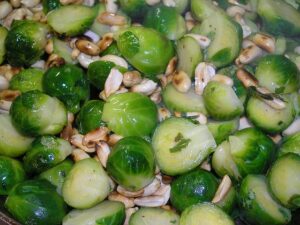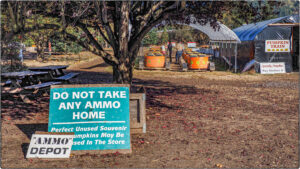Pressure Treated Wood and Vegetable Gardens: Is It Safe?
The popular wood treatment technique of pressure treated wood is commonplace in many different settings. But what happens when it is used in a vegetable garden? Can it have a negative impact on the produce? Let’s take a closer look.
What is Pressure Treated Wood?
Pressure-treated wood is wood that has been infused with chemical preservatives to protect it from rotting or decaying. It is usually treated with a combination of chemicals, insecticides, preservatives and water repellents. When those chemicals mix, they create a product that is sealed against the elements, making it a very durable product.
The Problem
The issue with pressure-treated wood and vegetable gardens is that it may contain some of the preservative chemicals, which can be highly toxic. These chemicals can leech into the soil and, in turn, end up in your vegetables.
The other problem is that the wood itself poses a risk of contamination. As wood ages, it is prone to fungi and mold buildup, which can contaminate the soil as well.
The Safe Alternative
Fortunately, there are safe alternatives that you can use in your vegetable garden that are just as effective as pressure-treated wood without the risk of contamination. Here is a list of them:
- Cedar: Cedar has natural oils and resins that protect the wood from rot and decay.
- Redwood: Redwood is also resistant to rot, decay and fungus.
- Stainless Steel: Stainless steel is corrosion resistant, non-toxic and easy to clean.
- Plastic Wood: Plastic wood is made from recycled materials and is treated to be rot and decay resistant.
Final Thoughts
When it comes to pressure treated wood and vegetable gardens, it is best to avoid using it if possible. If you do use it, make sure that the wood is fresh and is treated with non-toxic chemicals. You should also avoid using old, moldy or rotting wood, as it could be a contamination risk.
Ultimately, the best option is to choose a safe alternative that is designed specifically for vegetable gardens. That way, you can be sure your vegetables will be safe, healthy and of the highest quality.







